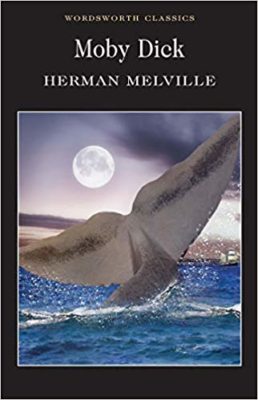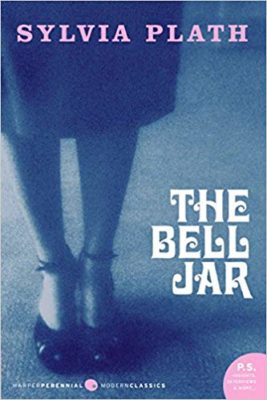
You didn’t secure an agent because you thought your book was ready for submission to a publisher. You did your research in Writer’s Market and wrote a masterful cover letter to a small press. You attached a synopsis and the number of manuscript pages requested, and sent everything off by email with a light heart.
Four long weeks passed before you received a response. Your face flushed with excitement — but then fell as you read: We are sorry to inform you . . . . A form letter! Didn’t this editor even read your masterpiece?
Take heart. Many famous authors have gone through similar experiences.
Herman Melville’s Moby-Dick was turned down by several publishers, some with creative, if not insulting, suggestions for the author. Bentley Publishing House wrote:
First… does it have to be a whale? While this is a rather delightful, if somewhat esoteric, plot device, we recommend an antagonist with a more popular visage among the younger readers. For instance, could not the Captain be struggling with a depravity towards young, perhaps voluptuous, maidens?
The publisher Peacock & Peacock rudely rejected Ernest Hemingway’s The Sun Also Rises with the comment:
You really are a man’s man, aren’t you? I wouldn’t be surprised to hear that you had penned this entire story locked up at the club, ink in one hand, brandy in the other. Your bombastic, dipsomaniac, where-to-now characters had me reaching for my own glass of brandy.
Joseph Heller received numerous rejections of his satirical book about World War II: Catch-22 (from 22 publishers, ironically). One wrote:
I haven’t the foggiest idea about what the man is trying to say. Apparently the author intends it to be funny.
Sylvia Plath was blithely written off twice as a no-talent writer by the publisher Alfred A. Knopf, who rejected The Bell Jar. The first rejection came in response to her submission under the pseudonym Heinemann. The publisher wrote:
I’m not sure what Heinemann sees in this first novel unless it is a kind of youthful American female brashness. But there certainly isn’t enough genuine talent for us to take notice.
Marcel Proust’s collection of rejection letters includes one referring to Remembrance of Things Past, his 1.5-million word masterpiece. The reviewer wrote:
I rack my brains why a chap should need thirty pages to describe how he turns over in bed before going to sleep.
Vladimir Nabokov’s Lolita drew the following comment from a publisher’s reviewer:
Even to an enlightened Freudian … the whole thing is an unsure cross between hideous reality and improbable fantasy. It often becomes a wild neurotic daydream … I recommend that it be buried under a stone for a thousand years.
One publisher warned a colleague in the publishing business about a circulating submission from John Le Carré, The Spy Who Came in from The Cold:
You’re welcome to Le Carré—he hasn’t got any future.
This, his third novel, became an international best seller.
George Orwell’s classic Animal Farm was rejected by Faber & Faber, with the comment:
We have no conviction (and I am sure none of the other directors would have) that this is the right point of view from which to criticize the political situation at the present time …. Your pigs are far more intelligent than the other animals, and therefore the best qualified to run the farm—in fact, there couldn’t have been an animal farm at all without them; so that what was needed, (someone might argue), was not more communism but more public-spirited pigs.
The work was rejected by at least four publishers before making it into print in August 1945.
Some rejections were more succinct. F. Scott Fitzgerald, author of The Great Gatsby, was told:
You’d have a decent book if you’d get rid of that Gatsby character.
The children’s author Kenneth Grahame was turned down for his whimsical description of the adventures of Mole, Rat, Toad, and Badger in the best-selling children’s tale The Wind In The Willows. One publisher simply commented:
An irresponsible holiday story that will never sell.
In response to Stephen King’s submission of The Running Man, a reviewer wrote:
We are not interested in science fiction which deals with negative utopias. They do not sell.
So, keep in mind when you receive rejection letters, you may know better than the person reading your work.
If at first you don’t succeed, try, try again.


Suzanne Lawless
Thank you for this article. I did write a book which I devoted a year of my life to, and did not try, try again when rejected. Instead I lost confidence in my ability to write.
Barbara Cox
You should keep in mind the fate of “Confederacy of Dunces,” rejected by several publishers in letters that were downright insulting. John Kennedy Toole, the author, committed suicide. His mother persisted after his tragic death to look for publishers and eventually found one. The book went on to win the Pulitzer Prize.
BC